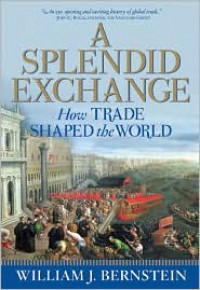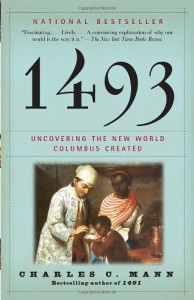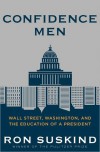What a guy born in Korea and living in USA reads
Record of what a guy born in Korea and living in USA reads in his 40s.
Currently reading
Review at New York Times, 2008

Silk, Spices, Gold and Destiny: Global History Is Part of the Bargain
By JOHN STEELE GORDON
Published: April 30, 2008
New York Times
American crops after Columbus drove China and Europe in the opposite directions respectively, why?

As a result of Columbian Exchange, American crops such as maize (or called corn) and sweet potato were introduced to China, saved the stomachs of many hungry people, and resulted in a population boom. On the other hand, deforestation of mountains for growing the American crops resulted in soil erosion, less stable water supply to rice pads in the valleys, more floods, and eventually decline of the whole China. On the contrary, American crops, especially potato, spelled an end to famine in Europe and enabled it to dominate the world. Why did the same American crops drive China and Europe in the opposite directions respectively?
How could christianity survive in its early days?

I have always had this question: how christianity survived in its early days under the Roman empire. This book suggests that literacy, written record, was the key, which I find quite intriguing.












